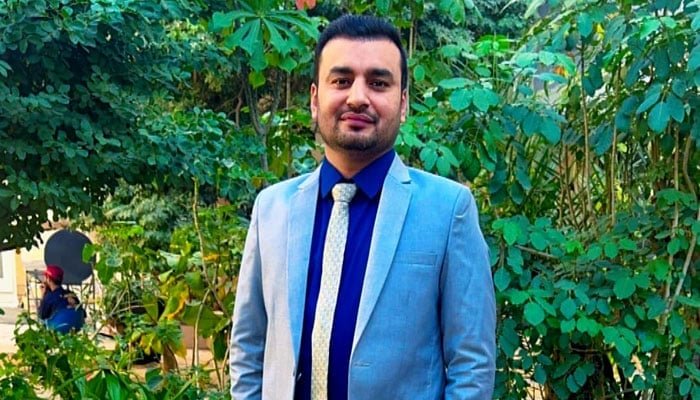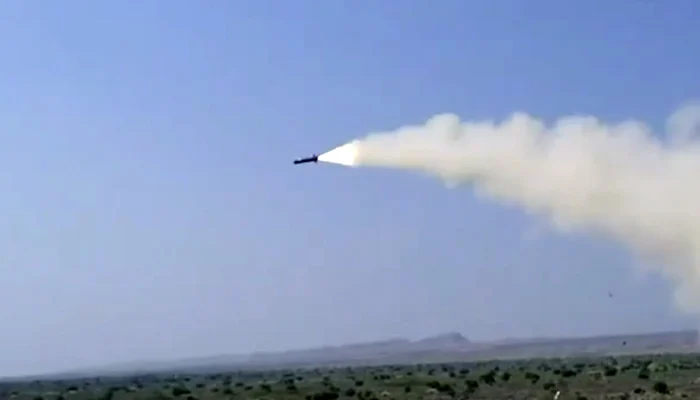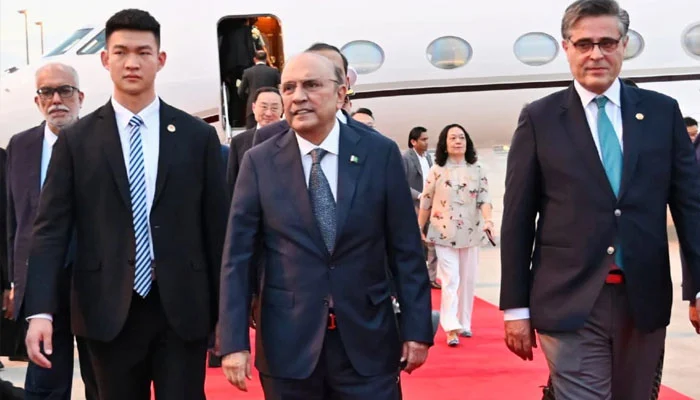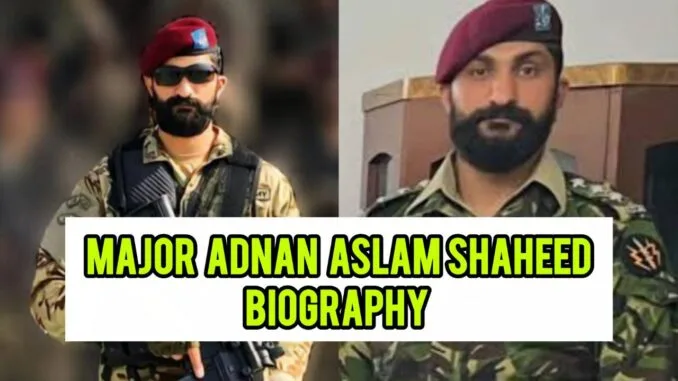Journalist Khawar Hussain’s untimely death in August 2025 sent shockwaves through Pakistan’s media community. He was discovered inside his car in Sanghar on August 16, with a fatal gunshot wound to the head. A thorough investigation has since concluded that his death was a suicide—not a homicide.
- CCTV review shows no one near Khawar Hussain’s vehicle.
- Medical, post-mortem reports also confirm death as suicide.
- Family input needed to learn possible reasons: investigators.
A multi-layered inquiry, led by Additional IGP Azad Khan and supported by film analysis, forensic testing, eyewitness testimony, and medical reports, found no evidence of foul play. CCTV footage traced Khawar’s journey from Karachi to Sanghar and captured his final hours alone in the vehicle. He reportedly removed his SIM card, reset his phone, and erased personal data before the incident.
The post-mortem and medical examinations confirmed a contact‐shot wound consistent with self-inflicted harm. No external injuries or signs of altercation were present, further reinforcing the ruling of suicide.
Still, the tragedy has stirred complex emotions. Khawar’s family, who traveled from the United States to Pakistan following his passing, firmly contest the suicide finding—insisting instead that “this is murder,” asserting he was courageous and held no enemies.
His death drew heartfelt condolences from Sindh’s Governor and Chief Minister, both calling for a transparent and conclusive investigation to honor his legacy and deliver justice.
Khawar Hussain was widely respected for his integrity and fearless journalism. Colleagues remember him not just for his reporting, but for the conviction he brought to it. His passing has cast a spotlight on mental health and the intense pressures journalists face in Pakistan’s often-challenging media environment.
In mourning his loss, the journalistic community also mourns a beacon of dedication—a reminder of the urgent need for support and understanding for those who work bravely to inform us all.






